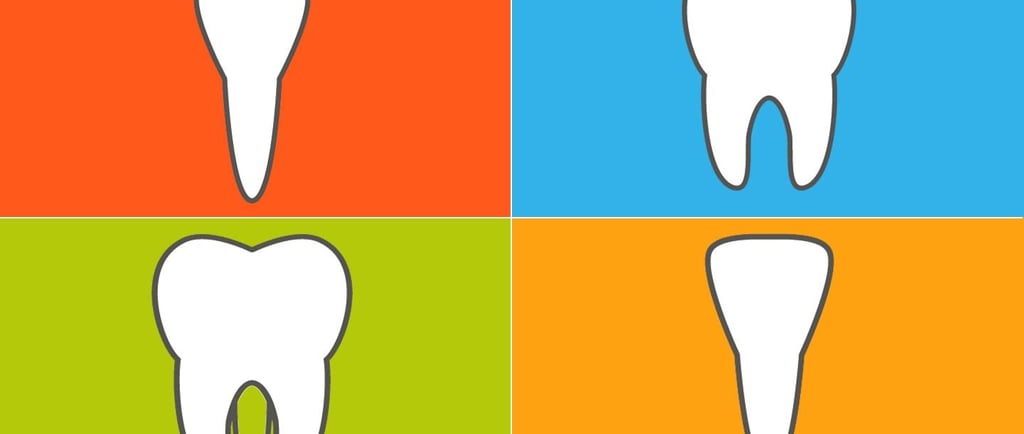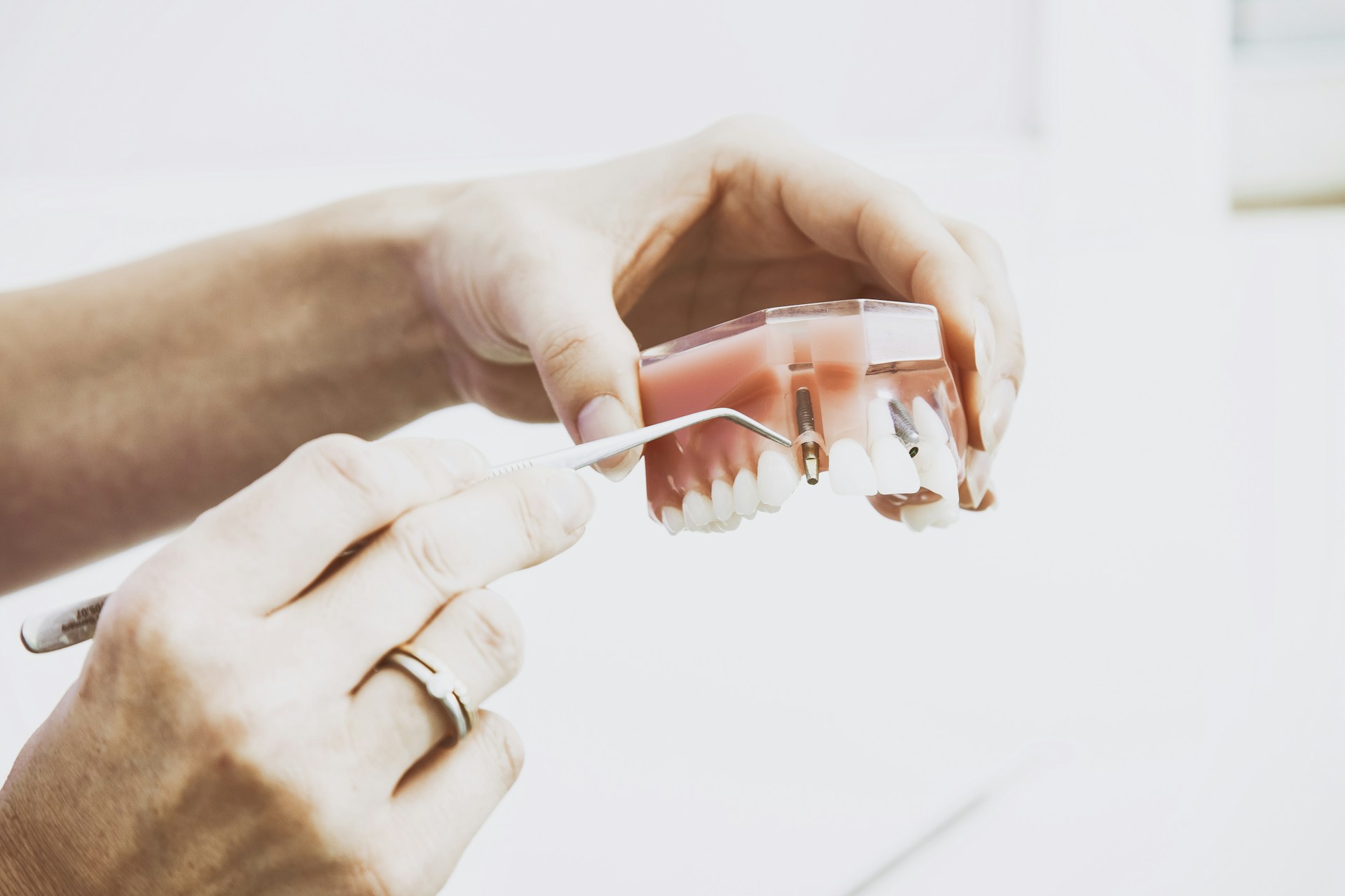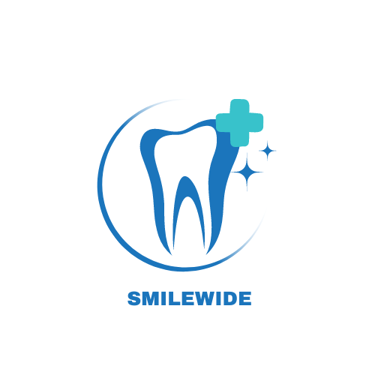SMILE- It costs nothing !!!
Everything You Need to Know About Teeth: Types, Functions, and Care Tips
Explore the different types of teeth, their functions, and essential care tips to maintain a healthy smile. Learn how to keep your teeth strong and clean with our comprehensive guide.
1/12/20243 min read


Types of Teeth
In the human mouth, there are different types of teeth that serve various functions in the process of biting, chewing, and speaking.
Each type of tooth has a specific shape and structure that is adapted to its unique role.
Understanding the different types of teeth and how to care for them is essential for maintaining good oral health.
Incisors
The incisors are the eight teeth located at the front of the mouth, four on the upper jaw and four on the lower jaw.
They have a sharp, flat edge and are used for cutting and biting into food.
Incisors also play a crucial role in pronunciation, particularly when producing sounds like "th" and "s".
To care for your incisors, it is important to brush them twice a day with a soft-bristled toothbrush and fluoride toothpaste.
Be careful not to use front teeth for opening food packets and hard things as it may damage the teeth in some cases. In children, have an eye during play time at incisors are more prone to traumatic injury.
Related : Understanding gap between front tooth ( Midline Diastema )
Canines
The canines, also known as cuspids, are the next teeth on each side of the incisors. They have a pointed shape and are used for tearing and holding food.
Canines are particularly important for biting into tougher foods such as meat. In addition to their functional role, canines contribute to the overall appearance of the smile.
To care for your canines, follow the same brushing and flossing routine as for the incisors. Pay attention to the gum line, as this area is prone to plaque buildup which causes gum disease .
Pre-molars
Located behind the canines, the pre-molars, or bicuspids, have a flat surface with ridges. They are responsible for crushing and grinding food, preparing it for swallowing.
There are a total of eight pre-molars in the mouth, four on the upper jaw and four on the lower jaw.
To care for your pre-molars, ensure that you brush them thoroughly, paying attention to the chewing surfaces. Regular dental check-ups are also important to detect any signs of decay or damage.
Molars
The molars are the largest and strongest teeth in the mouth. They have a larger surface area with multiple cusps, which makes them ideal for grinding and chewing food.
Adults typically have 12 molars, including four wisdom teeth that may erupt in late adolescence or early adulthood.
Caring for molars requires proper brushing and flossing techniques, as well as regular dental cleanings to prevent cavities and maintain overall oral health.
Wisdom Teeth
Wisdom teeth, also known as third molars, are the last teeth to develop. They usually emerge between the ages of 17 and 25, although not everyone will have them.
Wisdom teeth can cause problems if there is not enough space in the mouth for them to fully erupt or if they grow in at an angle. To know more about an impacted wisdom teeth :
Understanding wisdom tooth extraction
In such cases, they may need to be extracted. Regular dental check-ups and X-rays can help monitor the development of wisdom teeth and determine if they need to be removed.
Tips for General Tooth Care
Regardless of the type of tooth, there are some general tips for maintaining good oral hygiene:
Brush your teeth at least twice a day using a soft-bristled toothbrush and fluoride toothpaste.
Floss daily to remove plaque and food particles from between your teeth.
Use mouthwash to help kill bacteria and freshen your breath.
Limit your consumption of sugary and acidic foods and drinks, as they can contribute to tooth decay.
Visit your dentist regularly for check-ups and professional cleanings.
If you experience any tooth pain or notice any changes in your oral health, seek dental care promptly.
By following these tips and understanding the functions of each type of tooth, you can maintain a healthy and beautiful smile for years to come.
Related : Is it necessary to use a mouthwash ?

Contact Smiles
drdeepi15@gmail.com
Dr. Deepika B.D.S
© 2025 SmileWide Dental. All Rights Reserved.
Have doubts ..?
